-
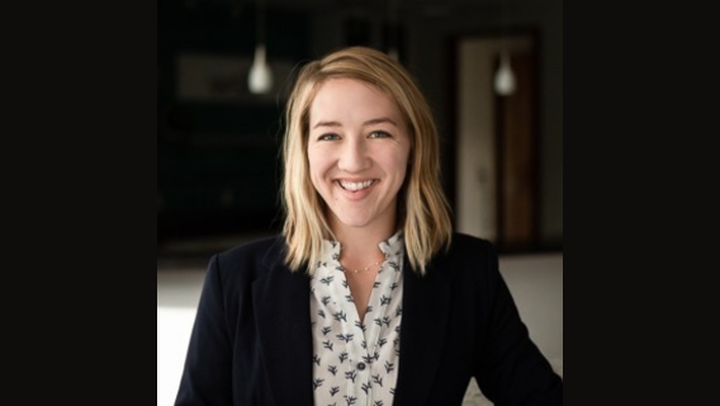
From RCP Student to RCP Project Lead
Ten years ago, Alex Mollenkamp was in her last semester of college at the University of Minnesota when she participated in an RCP class project that gave her the confidence she could build a great career.
“RCP helped solidify that municipal engineering is the type of work I want[ed] to do,” she said. “It made me realize, yeah, I do like this. It's interesting, it's relevant, and it’s something I want to stick with.”
-
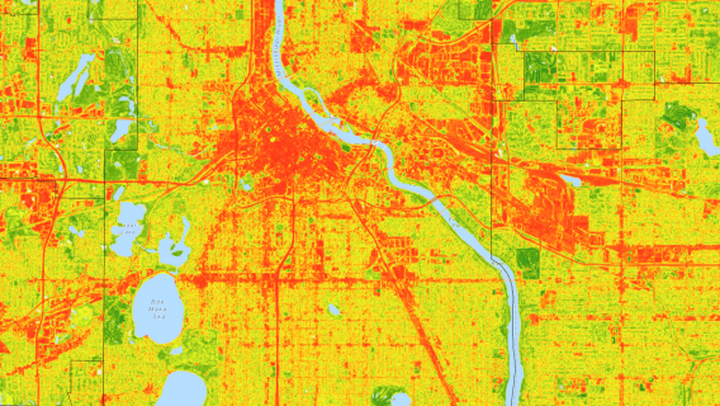
How Can MN Cities Plan for Extreme Heat?
An Interview with the Met Council's Eric Wojchik
Record high temperatures are making headlines across the country this summer. According to the MN Department of Health, extreme heat events in Minnesota "are expected to become more common, more severe, and longer-lasting as our climate changes."
-
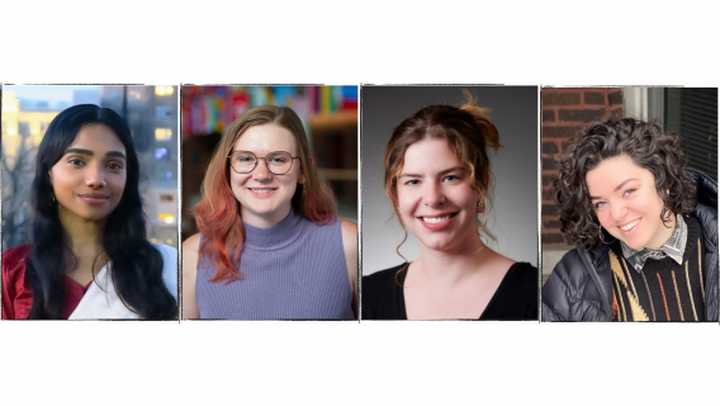
Meet the 2024 Summer RCP Scholars
Each summer, RCP hires several graduate research assistants for a 25–50% appointment over the summer (May–August) to collaborate with local government staff and community leaders on a high-priority research project.
-
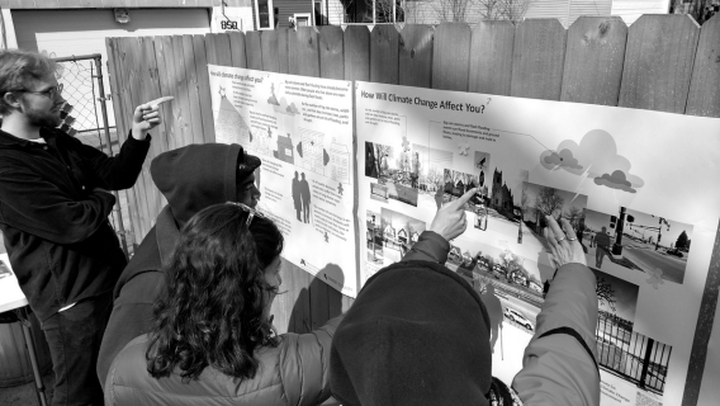
A More Resilient Ramsey County
After setting new climate goals in their 2040 comprehensive plan, Ramsey County staff wanted to take action right away. But what was the best way to build climate resilience across the second-most populous and most demographically diverse Minnesota county?
-
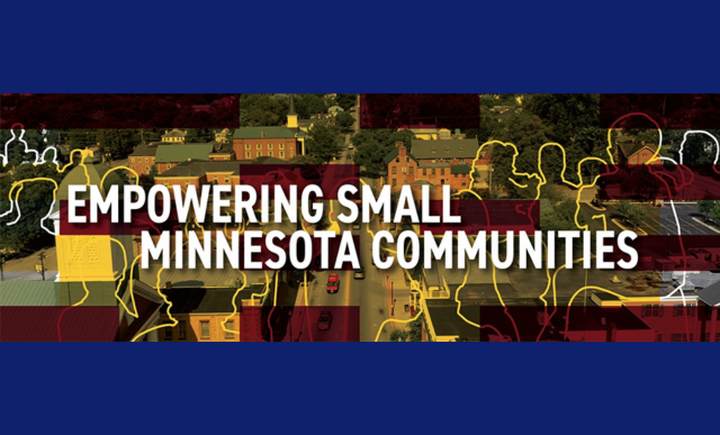
Empowering Small Minnesota Communities
A new University of Minnesota initiative is helping communities in Minnesota tap into historic federal and state funding opportunities to support resilient infrastructure investments.
-
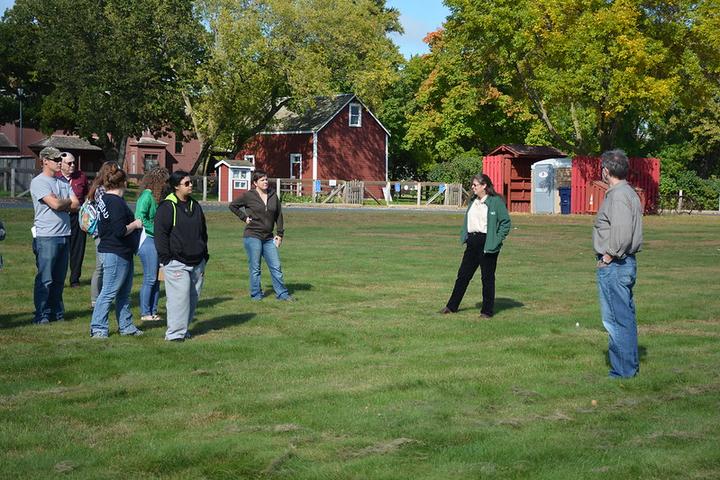
Cultivating University and Community Partnerships
When local governments partner with universities in their area, it’s a win-win for all involved
by Mitchell Berg, Mike Greco, Saleha Khumawala, and Maddi Menich, Public Management, June 2023
-
Student Spotlight: Emma Wu
Recent University of Minnesota graduate Emma Wu holds the distinction of having taken part in four community-engaged research projects through the RCP program during her studies at the University of Minnesota–more than any other student who has participated in the program.
-
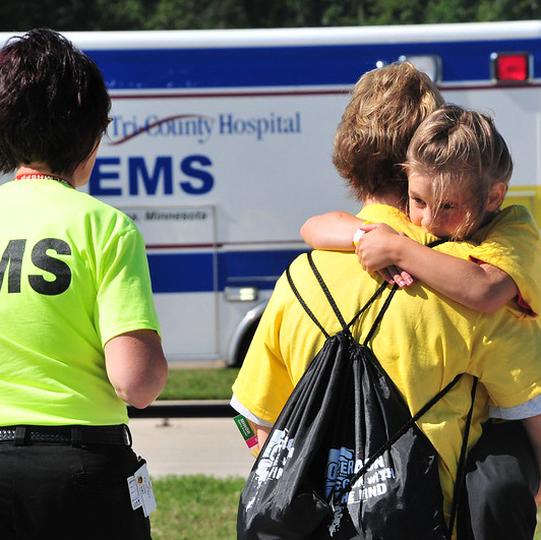
Project Spotlight: Improving Emergency Medical Services in Minnesota
The Minnesota State Fire Chiefs Association (MSFCA), an industry association that represents the leadership of Minnesota fire service providers, recently partnered with the Resilient Communities Project to advance one of their legislative priorities: improving emergency medical services (EMS) in Minnesota.
Specifically, MSFCA sought to analyze EMS regulations in Minnesota compared to other states, and understand legal precedent that may impact local EMS control.
-

Join RCP at the Minnesota APA Conference
Several recent RCP projects will be featured at this year's American Planning Association Minnesota Chapter conference, which will be held virtually September 22–24, 2021.
The sessions are described below, and include projects from our 2020–2021 partnerships with Carver County, the CIty of Woodbury, and the City of Little Canada. To view these sessions, you must be registered for the conference. We hope to see you there!
-
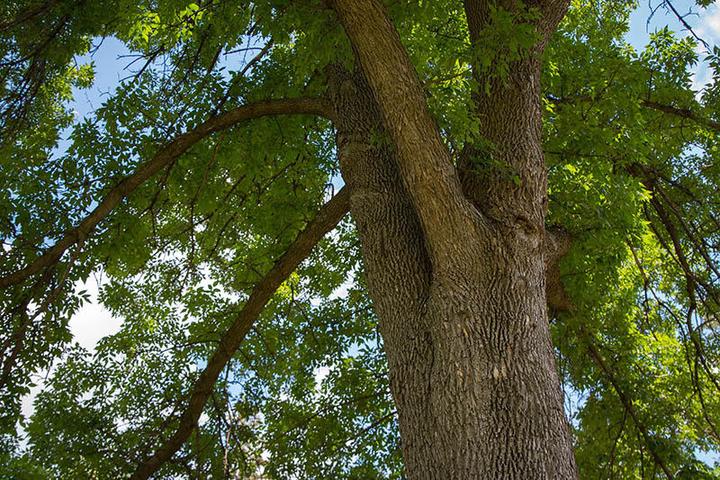
Woodbury Tree Canopy Project Featured on PlanIt Podcast
In 2020, RCP teamed up with the Metropolitan Council to offer research and technical assistance to Twin Cities metro area communities in support of projects that enhanced community resilience and implemented elements of their adopted 2040 comprehensive plan.
-
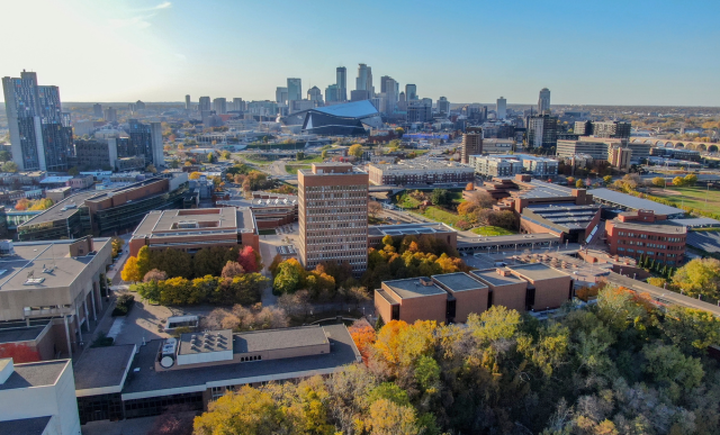
Thank You for Another Successful Year!
In mid-May, the Resilient Communities Project and our partners wrapped up the 2020–2021 academic year. Thank you to all of the students, faculty, project leads, and other local government agency staff who made this another successful year!
-
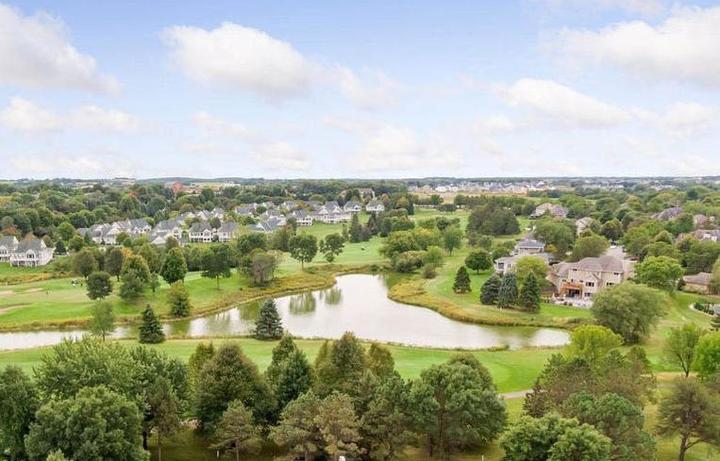
Project Spotlight: Enhancing the City of Woodbury’s Urban Tree Canopy
Last fall, the City of Woodbury approached the Resilient Communities Project for assistance updating its Urban Tree Canopy Plan. The City's primary concern was how to equitably increase Woodbury's tree canopy coverage, update the approved tree species list, and help residents understand the importance of trees for environmental stewardship.
-

RCP Fellow Catherine Bruns Receives President’s Award
Congratulations to graduate student and RCP Fellow Catherine J. Bruns for receiving the prestigious University of Minnesota President's Student Leadership and Service Award!
The award is given annually and recognizes the accomplishments and contributions of outstanding student leaders at the University of Minnesota Twin Cities. It is presented to students for their exceptional leadership and service to the University of Minnesota and the surrounding community.
-
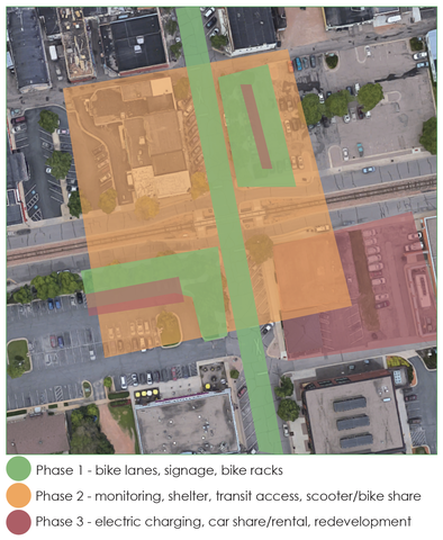
Planning the Shift from Cars to Shared Mobility in Suburban Areas
Originally appeared in CTS News, November 2, 2020
The way Americans travel is undergoing a shift, and the way communities are laid out may have to shift as well. Student researchers from the U of M looked into shared mobility hubs as a way of updating transit within suburban areas.
-
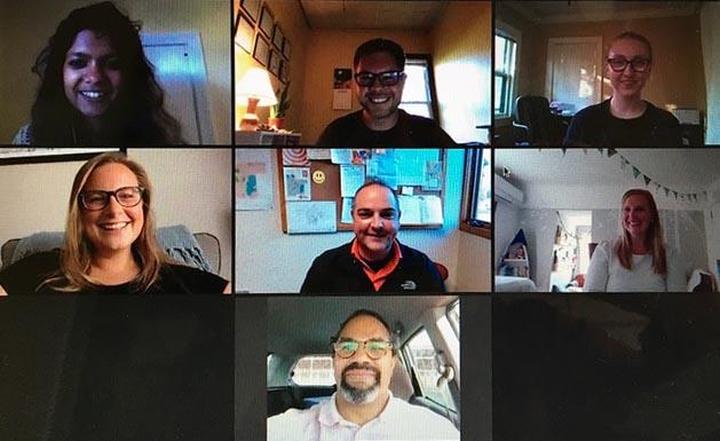
RCP Fellows Team Is Finalist for 2020 MetroLab Student Cup
A team of University of Minnesota graduate students and Resilient Communities Project (RCP) Fellows has been chosen as a finalist for this year’s MetroLab Student Cup. The Student Cup is intended to recognize exceptional student civic research projects, and create pathways for careers and partnerships in the civic research and innovation domain.